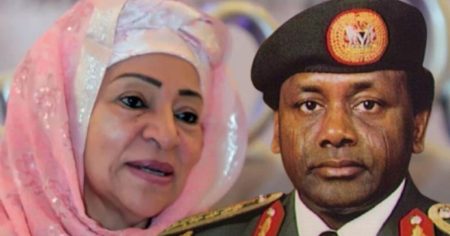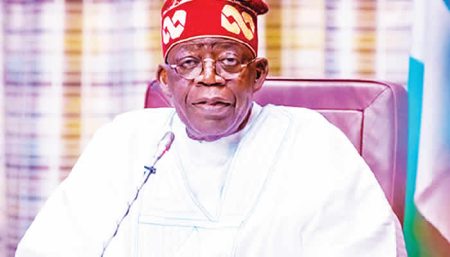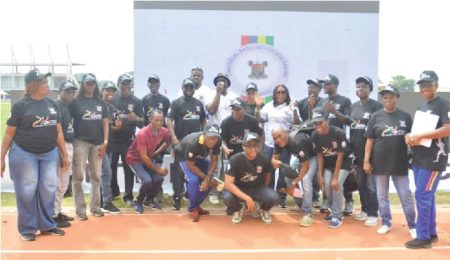Nigeria’s Renewed Hope Social Housing Programme: A Collaborative Effort to Shelter the Vulnerable
The Nigerian Federal Government, in partnership with the Ministry of Humanitarian Affairs, is embarking on an ambitious social housing programme to address the pressing housing needs of internally displaced persons (IDPs) and other vulnerable groups across the nation. This initiative, known as the Renewed Hope Social Housing Programme, aims to construct a total of 77,400 housing units, with 100 units designated for each of the 774 local government areas in the country. While the official launch is pending presidential approval, the programme’s core objective is to provide affordable and decent housing to low- and no-income earners, particularly focusing on those earning N77,000 or less per month, as well as individuals without any formal income stream. This includes widows, vulnerable individuals, and IDPs. The programme is designed to alleviate housing challenges faced by these groups and improve their overall well-being.
The collaborative approach between the Ministry of Housing and Urban Development and the Ministry of Humanitarian Affairs is a crucial aspect of the programme’s implementation. The Ministry of Humanitarian Affairs, with its existing infrastructure and processes for identifying and assisting vulnerable populations, will play a key role in ensuring that the housing units reach those who need them most. Their expertise in identifying and supporting vulnerable citizens will be invaluable in ensuring that the programme’s benefits reach the intended recipients, particularly those categorized as no-income earners. This partnership leverages the strengths of both ministries to streamline the process and ensure effective resource allocation.
For low-income earners, the housing units will be heavily subsidized by the Federal Government. Beneficiaries will be required to contribute a small percentage of their monthly income towards the cost of the housing. However, this contribution will not be sufficient to cover the actual construction expenses, and the government will bear the majority of the financial burden. This subsidized approach recognizes the limited financial capacity of low-income earners and ensures that the housing remains affordable and accessible. The payment structure will involve monthly contributions from beneficiaries until retirement, but the final cost will still be heavily subsidized to ensure affordability.
The programme’s design reflects a comprehensive approach to address the housing needs of diverse vulnerable groups. By catering to both low- and no-income earners, including IDPs, the initiative seeks to provide comprehensive housing solutions. The specific allocation criteria and details regarding the application process will be publicly announced after the official launch of the programme. This transparent approach aims to ensure fairness and accountability in the allocation process. The government intends to make all relevant information publicly accessible upon the official launch, ensuring transparency and public awareness.
The collaborative nature of this initiative, involving the Ministry of Humanitarian Affairs, is a key strength. This partnership leverages the existing infrastructure and expertise of the Ministry of Humanitarian Affairs in identifying and supporting vulnerable populations, streamlining the process of reaching the target beneficiaries. Their involvement ensures that the housing units are allocated to those who genuinely need them, particularly the no-income earners who are often the most vulnerable. This strategic collaboration maximizes the impact of the programme and ensures that resources are utilized effectively.
The Renewed Hope Social Housing Programme represents a significant step towards addressing the housing deficit in Nigeria and improving the lives of its most vulnerable citizens. By providing affordable and decent housing, the programme contributes to social and economic stability. The subsidized nature of the housing for low-income earners and the provision of housing for no-income earners demonstrates the government’s commitment to social welfare. While the specifics of the programme are yet to be fully unveiled, its core objective of providing shelter and hope to those in need makes it a crucial development in Nigeria’s ongoing efforts to improve the lives of its citizens. The emphasis on transparency and public disclosure of the allocation criteria after the official launch further reinforces the government’s dedication to ensuring equitable distribution and access to affordable housing.














